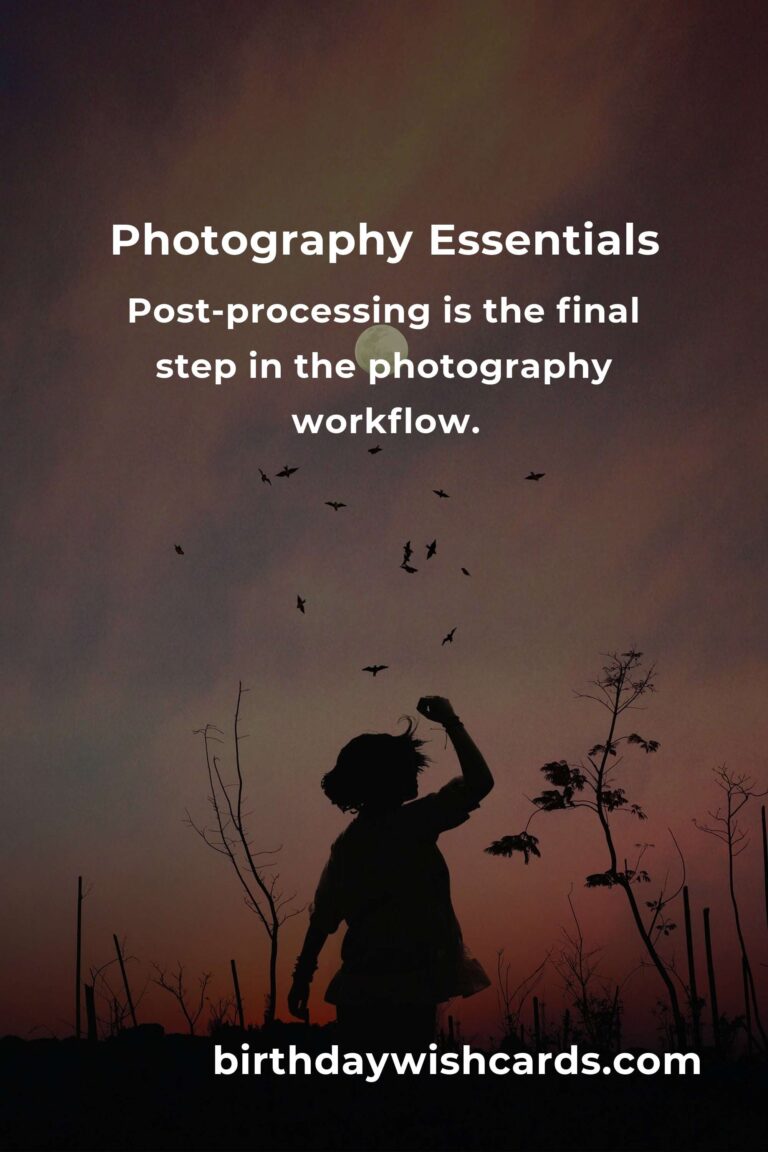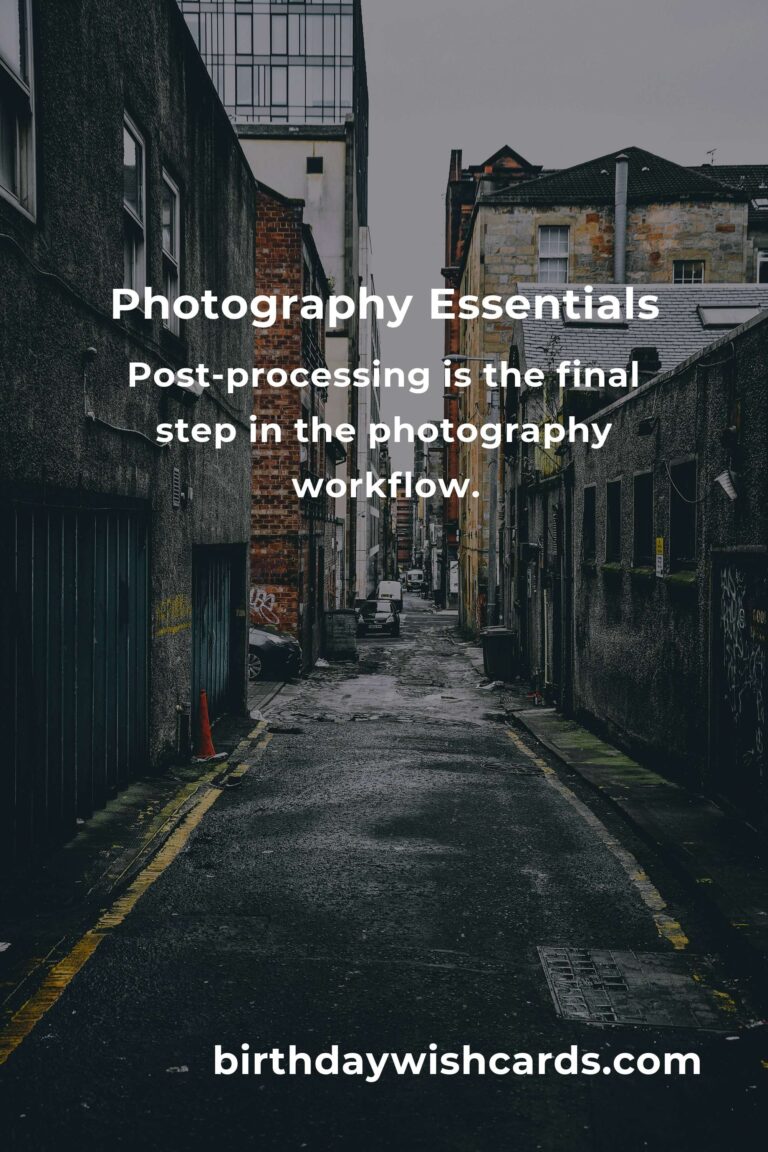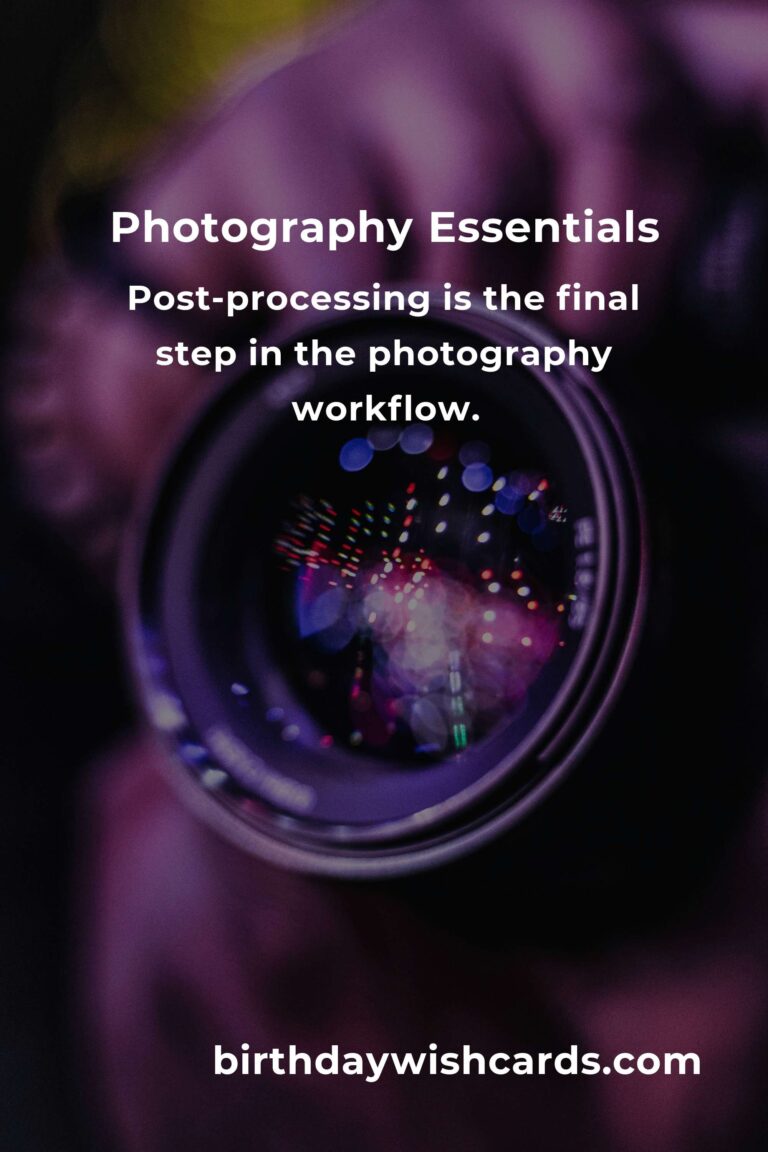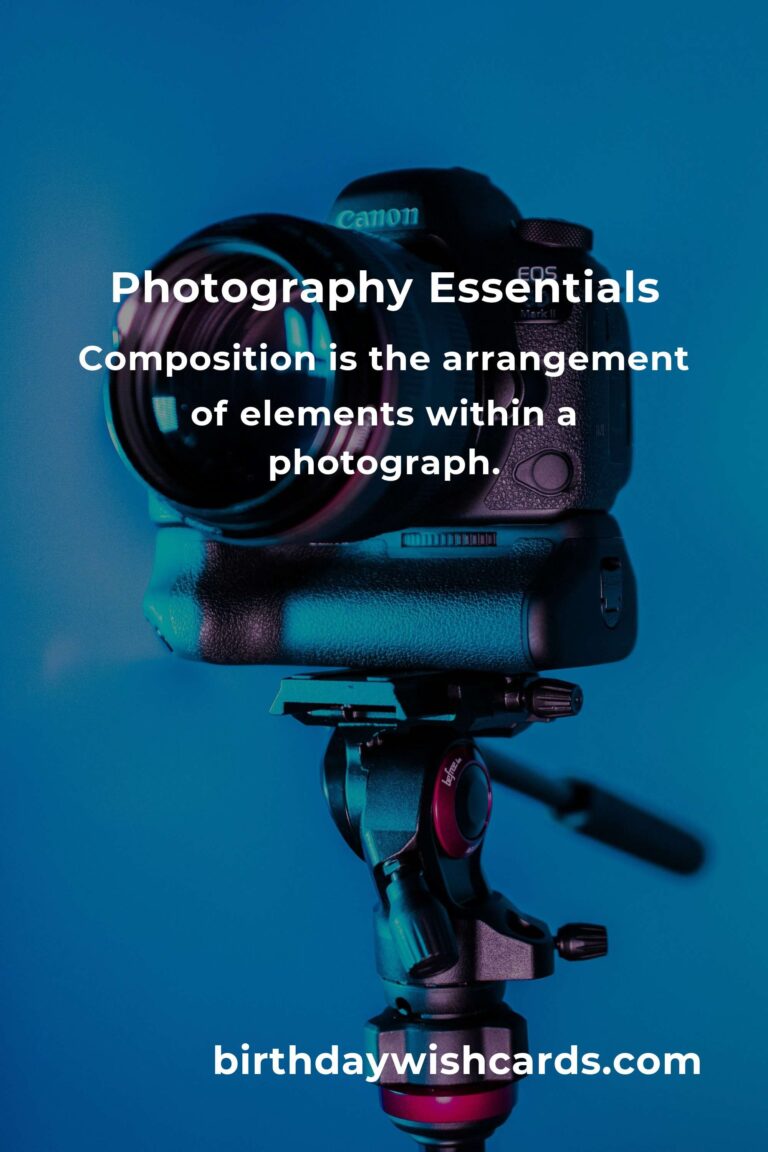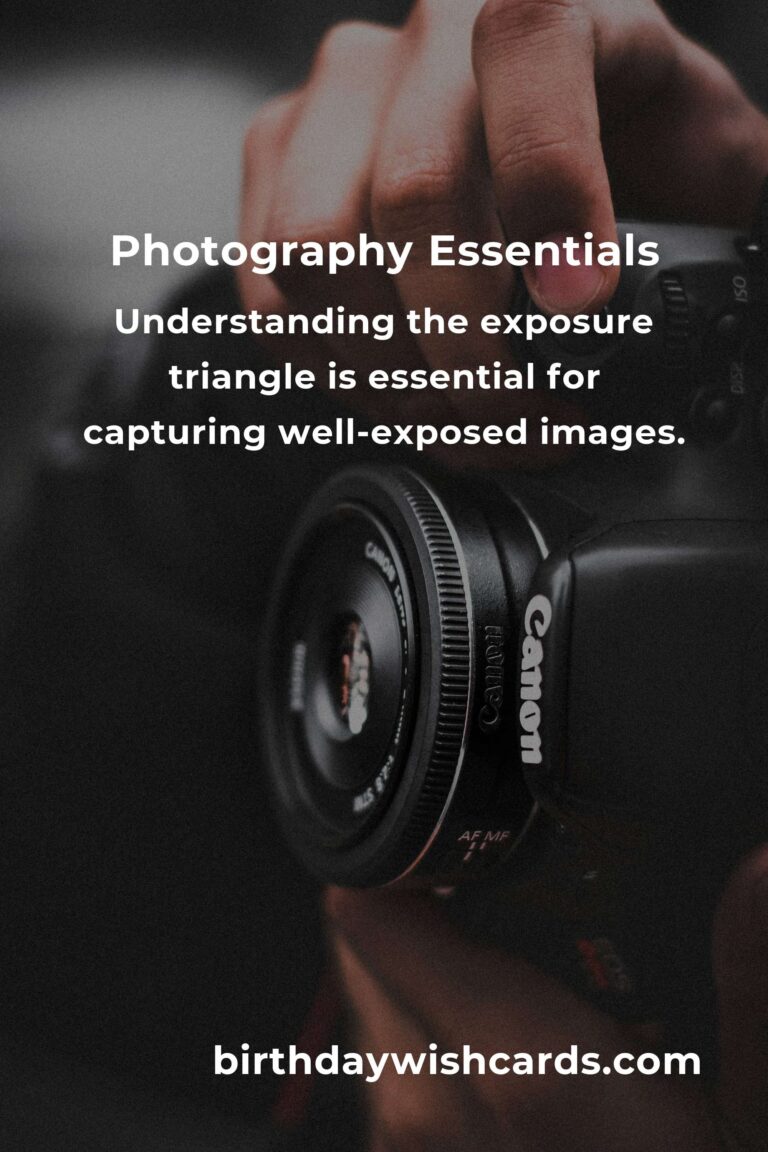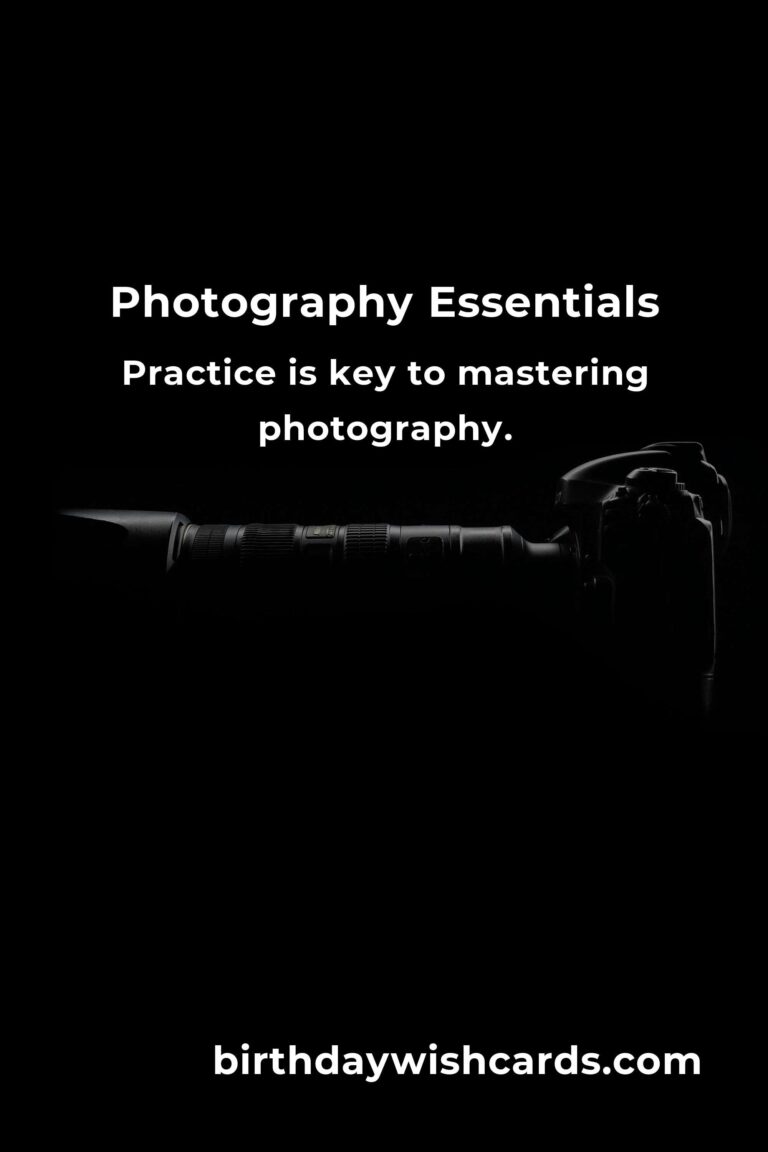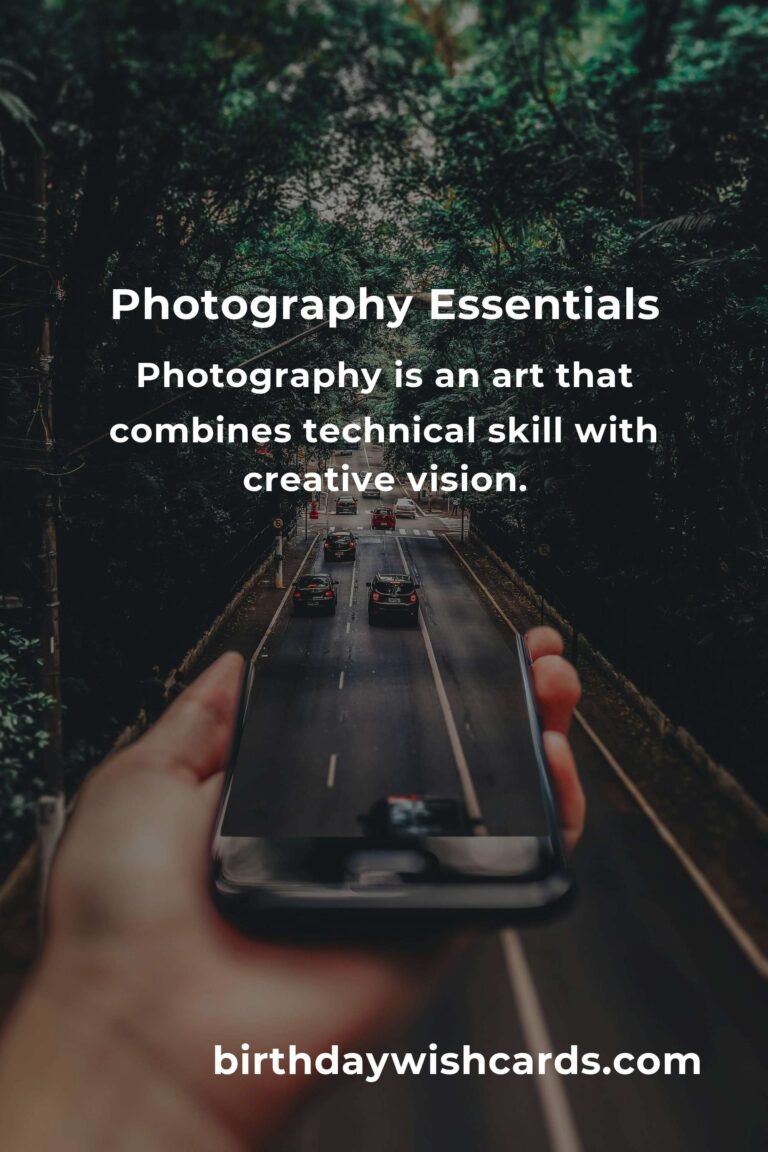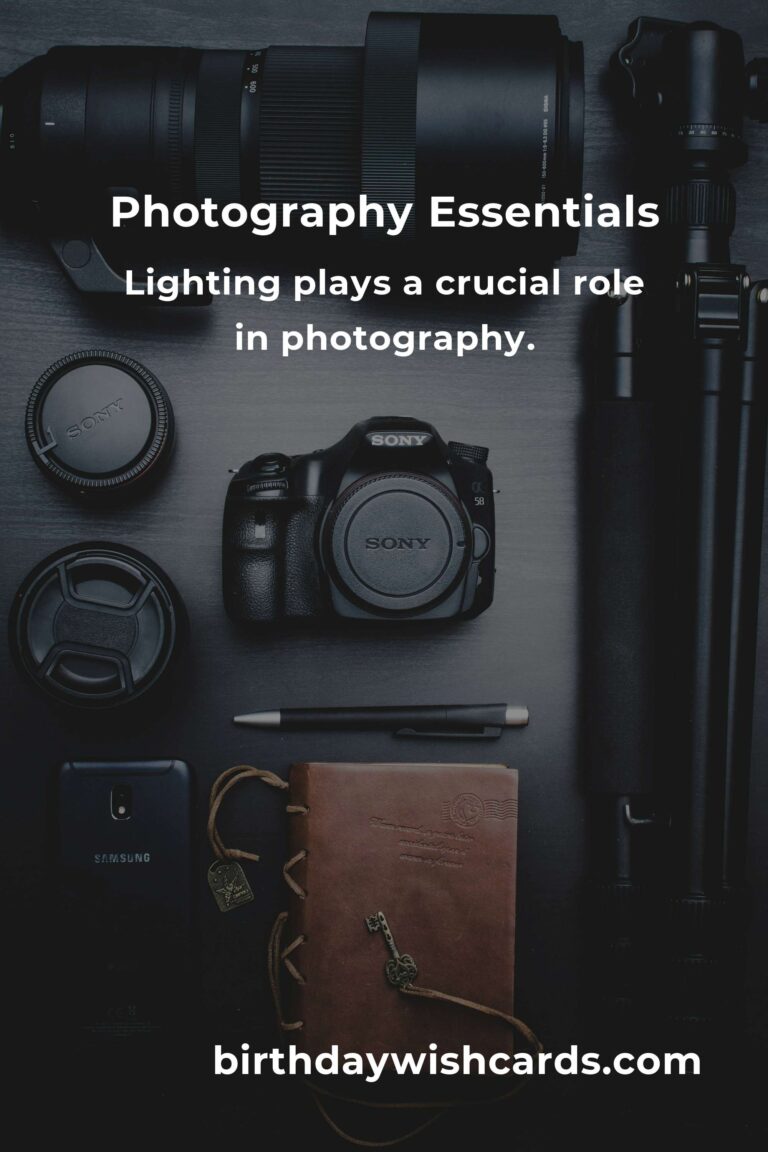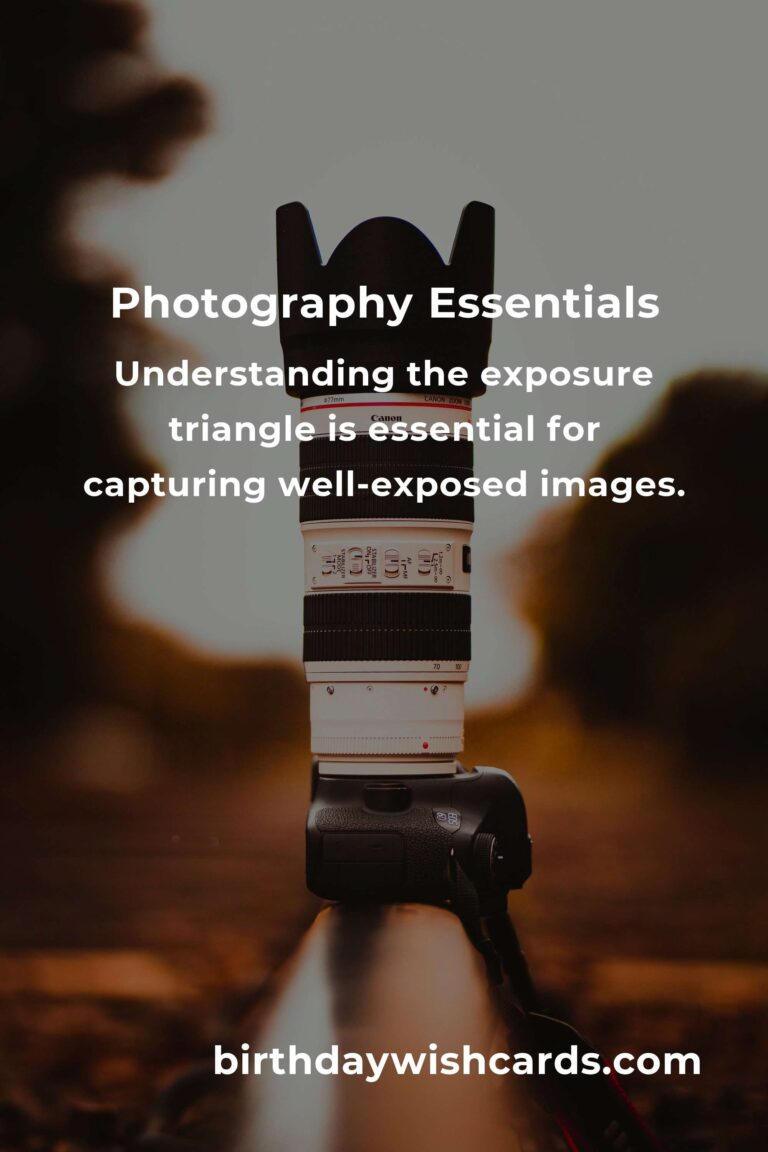
Photography is an art that combines technical skill with creative vision. Whether you are a beginner or an experienced photographer, understanding the fundamentals is crucial to capturing stunning shots. This article will explore essential photography hacks that can enhance your skills and help you take better photographs.
Understanding Your Camera
The first step in improving your photography is to understand your camera. Whether you have a DSLR, mirrorless, or smartphone camera, knowing its features and settings is paramount. Start by reading the manual and experimenting with different modes such as aperture priority, shutter priority, and manual mode. Familiarize yourself with the ISO settings, white balance, and exposure compensation. This knowledge will empower you to make informed decisions in various shooting scenarios.
Mastering the Exposure Triangle
The exposure triangle consists of three components: aperture, shutter speed, and ISO. Mastering these elements is essential for capturing well-exposed images. The aperture controls the amount of light entering the lens and affects depth of field. Shutter speed determines how long the shutter remains open, influencing motion blur. ISO measures the sensor’s sensitivity to light, impacting image noise. By understanding how these elements interact, you can effectively control the exposure of your photos.
Composition Techniques
Composition is the arrangement of elements within a photograph. It is a key factor that can transform an ordinary photo into an extraordinary one. One of the most popular composition rules is the rule of thirds, which involves dividing the frame into a 3×3 grid and placing the main subject along these lines or at their intersections. Leading lines, symmetry, and framing are other techniques that can enhance the visual appeal of your photos. Experimenting with different perspectives and angles can also yield unique results.
Lighting Hacks
Lighting plays a crucial role in photography. Understanding how to use natural and artificial light can dramatically improve your photographs. Golden hour, the time shortly after sunrise or before sunset, offers soft and warm lighting that is ideal for photography. When shooting indoors, consider using reflectors or diffusers to manipulate light and reduce harsh shadows. Off-camera flash can also be used creatively to achieve desired lighting effects.
Post-Processing Tips
Post-processing is the final step in the photography workflow. Software like Adobe Lightroom and Photoshop can be used to enhance your images and correct any imperfections. Basic adjustments such as cropping, exposure correction, and color grading can significantly improve the quality of your photos. However, it is important to maintain a balance and avoid over-editing, which can make images look unnatural.
Practice and Experimentation
Finally, practice is key to mastering photography. The more you shoot, the more you learn about your camera and your personal style. Experiment with different techniques, subjects, and environments to expand your skills. Joining photography communities and participating in challenges can also provide valuable feedback and inspiration.
In conclusion, by understanding your camera, mastering the exposure triangle, employing composition techniques, effectively using lighting, and engaging in post-processing, you can significantly enhance your photography skills. Remember, photography is a continuous learning process, and these hacks can serve as a foundation for your growth as a photographer.
Photography is an art that combines technical skill with creative vision. Understanding the exposure triangle is essential for capturing well-exposed images. Composition is the arrangement of elements within a photograph. Lighting plays a crucial role in photography. Post-processing is the final step in the photography workflow. Practice is key to mastering photography.
#Photography #PhotographyTips #CameraHacks #PhotoEditing #LightingTips


